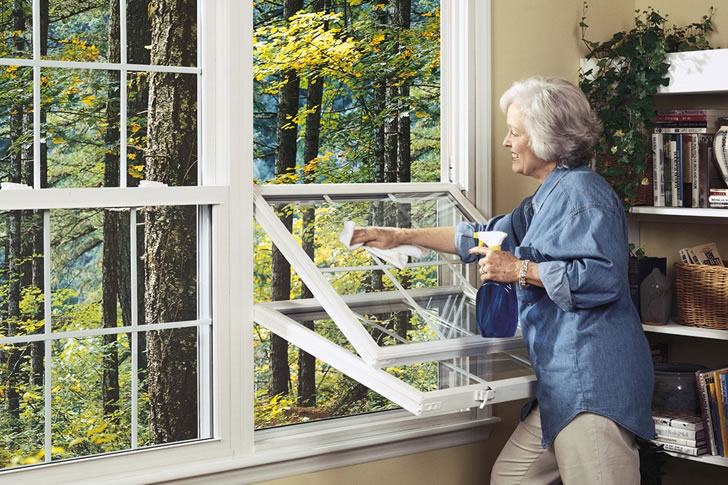New Eligibility Guidelines for Senior Window Replacement Announced
In an effort to support environmental sustainability and reduce energy costs for senior citizens, the United States government has recently unveiled new eligibility guidelines for the Senior Window Replacement Program. These updated regulations are intended to make it easier for older adults to access energy-efficient window replacements, which can significantly decrease heating and cooling expenses while also contributing to environmental conservation.

New Eligibility Guidelines Explained
The latest amendments in the eligibility criteria are designed to extend support to a broader range of seniors. Previously, the program was restricted to those 65 years or older with an income not exceeding 50% of the median income in their area. However, the new guidelines have expanded this to include all individuals who are 60 years of age or older, and have raised the income limit to 80% of the median area income. This change is set to help an additional estimated 200,000 seniors nationwide.
Impact on Energy Costs
Replacing old, inefficient windows can have a profound impact on energy savings. Studies have shown that single-pane windows, common in older homes, can contribute to losing 20-30% of a home’s heating and cooling energy. Replacing these with energy-efficient windows can reduce this loss significantly. According to the U.S. Department of Energy, upgrading to ENERGY STAR-rated windows can save homeowners an average of 12% on energy bills, which translates to substantial savings for seniors fixed on a tight budget.
Environmental Benefits
Aside from the economic advantages, installing energy-efficient windows has notable environmental benefits. Efficient windows reduce the demand for heating and cooling in a home, which in turn helps decrease greenhouse gas emissions and other pollutants caused by energy production. Based on Environmental Protection Agency (EPA) estimates, if all single-pane windows in the U.S. were replaced with ENERGY STAR-rated models, the energy savings would amount to about 12 billion kWh yearly, which is equivalent to reducing 8.6 million metric tons of carbon dioxide annually.
Additional Incentives and Supports
Under the new guidelines, the Senior Window Replacement Program will also be coupled with increased access to additional supports like free energy audits and grants for further home insulation improvements. This holistic approach ensures that seniors not only receive new windows but can also optimize their entire home for energy efficiency. Furthermore, several state and local governments offer supplementary rebates and tax credits that can reduce costs further, making energy-efficient updates more accessible.
How to Apply for the Program
The application process for the Senior Window Replacement Program under the new guidelines is designed to be straightforward. Seniors or their caregivers can start the process by contacting their local energy office or visiting the program’s official website. The site offers resources to help applicants gather necessary documentation and complete the application forms. Additionally, it lists contact information for local contractors who have partnered with the program and are familiar with the requirements for energy-efficient installations.
Anticipated Outcomes
With these new guidelines, it is anticipated that more seniors will benefit from reduced energy bills and improved comfort in their homes. Additionally, these changes are expected to contribute significantly to environmental protection efforts. The program is not only a step towards energy efficiency but also an initiative supporting societal equity by assisting those on limited incomes to live more comfortably and sustainably.
Conclusion
The updated eligibility guidelines for the Senior Window Replacement Program highlight a growing recognition of the needs of aging populations, and the importance of sustainable living solutions. By broadening the access to such initiatives, the government is taking a significant step towards supporting seniors in maintaining their independence and improving their quality of life, while also addressing broader environmental impact concerns. It’s a win-win scenario that promises significant benefits for both the individual and the society at large.
For seniors and their families looking to learn more about the program or to apply, more information can be found through local energy offices or the program’s official website. This initiative is a pertinent example of how targeted government programs can effectively address specific community needs while fostering an ethos of sustainability and support.







Recent Comments